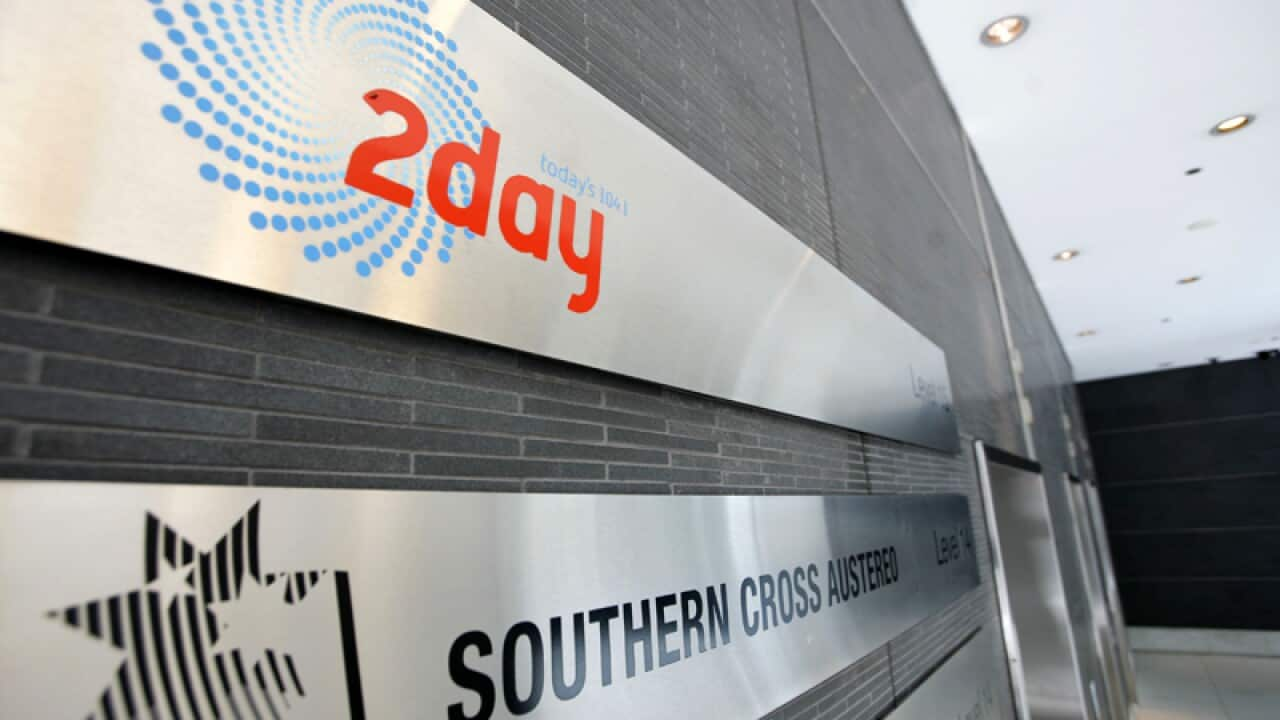The future of radio is digital but that future is at risk for community radio because of government funding cuts.
There are providing on-air services in digital form as part of the first phase of the switchover to digital with new projects and services starting regularly.
But all of this is , due to a in last year's federal budget of $1.4 million.
In the May 2012 budget the federal government provided four"‘year funding, but that was short by around 40% on the basic transmission costs. This funding is critical to meeting the government's public policy objective for community sector inclusion in digital radio.
The requires broadcasters to share a common transmission facility fed by standardised data and audio encoding equipment. Of course, this means community broadcasters must build systems and incur costs in the same manner as commercial broadcasters. In fact, the legislation specifically prevents community broadcasters establishing transmission facilities in any other way.
According to the CBAA, there are a variety of reasons for the legislation being constructed in this manner but the upshot is that linking, data and transmission costs need to be covered by direct government funding support. Not-for-profit community radio services are unable to cover these costs at this stage of the medium's development, as well as the content, studio and staffing costs.
It is understood by the CBAA, that the Communications Minister Stephen Conroy has during 2012 to restore the funding, which is much appreciated by the community sector. Even so, time is now running short and the number and range of current digital services will have to be reduced sometime after June 2013 if the funding shortfall is not addressed in the 2013 Federal budget.
If we have to turn off services to cope with this funding shortfall, will they ever be able to be turned on again? And what about the small stations, or regional stations? If big metropolitan stations, like 2SER, 3RRR, 4MBS, Radio Adelaide or Noongar Radio can't stay on digital radio, how will the smaller sub metro licensed stations, who often serve a vital community need?

Just like digital television, digital radio is clearly the future, and even if there is no policy to turn off FM or AM radio, will you be able to buy an FM receiver in ten or 15 years?
Digital radio is not online broadcasting. It is not streaming or mobile apps. There are issues around social equity as radio is free to receive, once you buy the receiver. It is also the most efficient use of this valuable digital spectrum. Moving to streaming or internet platforms only, would mean drop outs, and huge costs to broadcasters, it would be almost impossible to have all current radio listeners to radio in Sydney or Melbourne, listen at an audio stream at the same time.
Media diversity will suffer if community radio cannot fully make the leap to digital. The community radio sector is made up of stations, serving diverse communities and interests that aren't catered for by mainstream media, such as Aboriginal and Torres Strait Islander and Ethnic broadcasters; youth; educational, fine music, and religious groups. For many people, community media is the only media that they access, and across Australia, listen to Community Radio each week according to the .
This sector also provides local news and information through sub metro stations, or through regional areas where the community radio station is often the only medium that isn't syndicated from somewhere else.
It would be a shame to turn off digital radio, not to mention a waste of the resources already invested. Community radio is great at innovation. It takes risks and helps drive the take up of this new medium.
It is vital that community radio be helped make the switch to the digital future.
Melanie Withnall is the Managing Director of 2ser 107.3. She is a board member of the Community Broadcasting Association of Australia and sits on the Digital Radio Consultative Committee. Melanie also works as a casual tutor at UTS and the AFTRS. 2ser is owned by UTS and Macquarie University.


